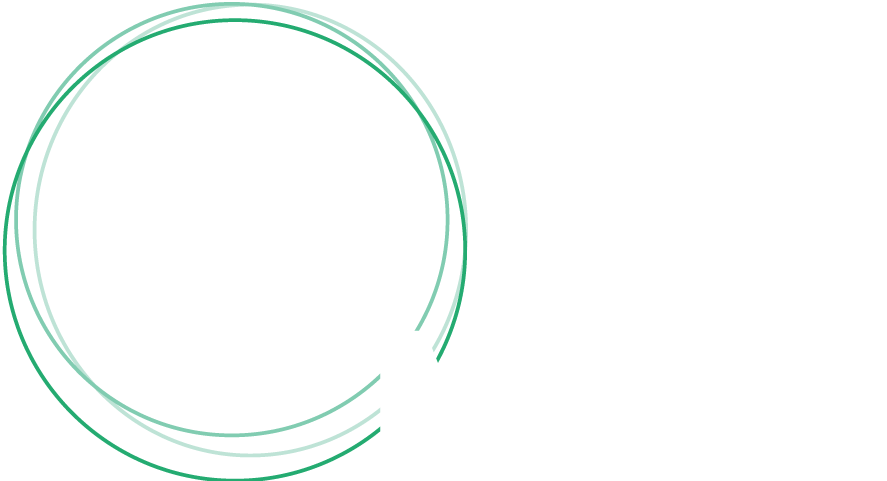The MaPP marine planning work was founded on an ecosystem-based management (EBM) framework that focuses on ecological integrity, human well-being and governance.
Marine ecosystem-based management, differs from sector-based resource management in that it defines management strategies for entire systems, not individual components of the system, with humans as an explicit part of the marine ecosystem (Levin et al. 2009). An EBM approach to marine management accounts for interactions among resource sectors and the cumulative effects of ocean uses and activities.
EBM goals and principles will be followed during the implementation of marine plans and the Regional Action Framework.
EBM – the MaPP definition
Ecosystem-based management is an adaptive approach to managing human activities that seeks to ensure the coexistence of healthy, fully functioning ecosystems and human communities. The intent is to maintain those spatial and temporal characteristics of ecosystems such that component species and ecological processes can be sustained, and human well-being supported and improved (Foley et al. 2010).
There are three equally important elements of the MaPP ecosystem-based management framework (Foley et al. 2010):
- Ecological integrity describes ecosystem connectivity and habitat and species diversity. It is focused on ecosystem structure, function and resilience.
- Human well-being is the combination of social, economic and cultural aspects of human communities, including spiritual and cultural connections to the marine environment.
- Governance (and collaborative management) focuses on a collaborative, effective, transparent and integrated governance and management, as well as public engagement.
EBM Goals:
- Integrity of the marine ecosystems, primarily with respect to their structure, function and resilience
- Human well-being supported through societal, economic, spiritual and cultural connections to marine ecosystems
- Collaborative, effective, transparent, integrated governance and management and public engagement
- Improved understanding of complex marine ecosystems and changing marine environments
Principles:
The MaPP initiative is guided by the following principles in its EBM approach:
- minimizes risk to ecological integrity (seeks to ensure ecological integrity);
- includes human well-being;
- is precautionary;
- is adaptive;
- includes the assessment of cumulative effects;
- is equitable, collaborative, inclusive and participatory;
- respects Aboriginal right, Aboriginal titles and treaty rights;
- is area-based;
- is integrated; and
- is based on science and on wise counsel.
Scientific sources
The MaPP initiative adopted the EBM framework from the Pacific North Coast Integrated Management Area (PNCIMA) process, a separate strategic-level collaborative planning process between the federal, provincial and First Nations governments. The EBM definition and principles were developed from a peer-reviewed study by Foley et al. (2010) and informed by additional work by scientists in this field (e.g., Levin et al., 2009).
- Foley, M., Halpern, B.S., Micheli, F., Armsby, M.H. et al. 2010. Guiding ecological principles for marine spatial planning. Marine Policy 34: 955-966.
- Levin, P.S., M.J. Fogarty, S.A. Murawski, and D. Fluharty. 2009. Integrated ecosystem assessments: developing the scientific basis for ecosystem-based management of the ocean. PLOS Biology. 7(1): 0023-0028.



